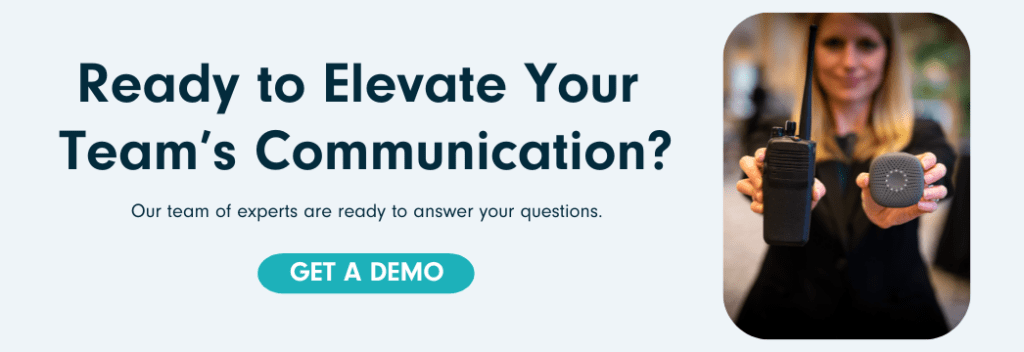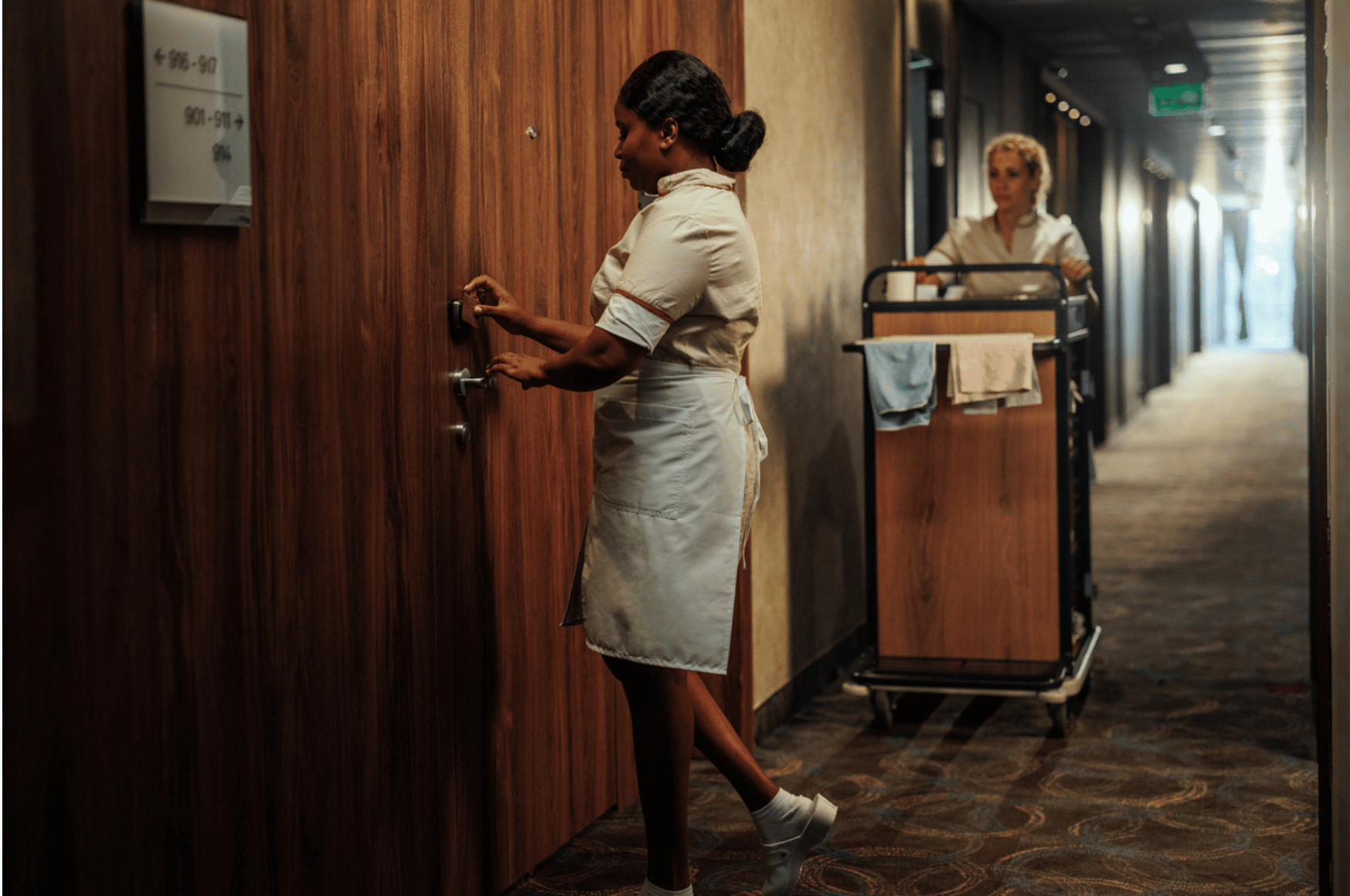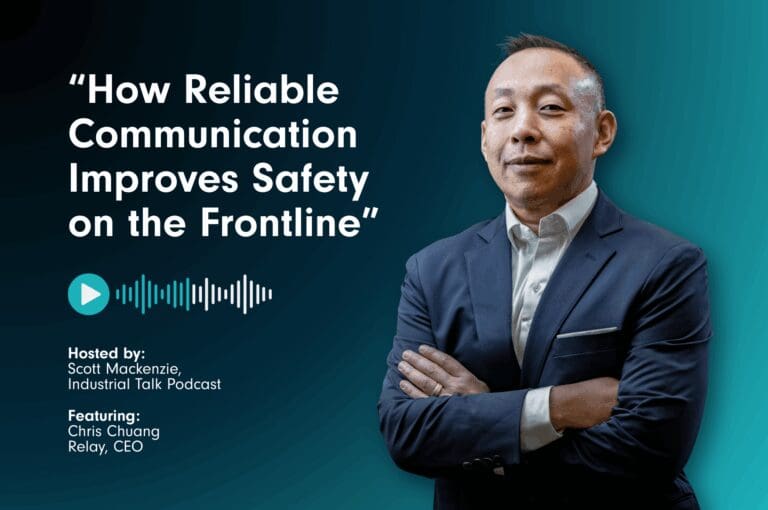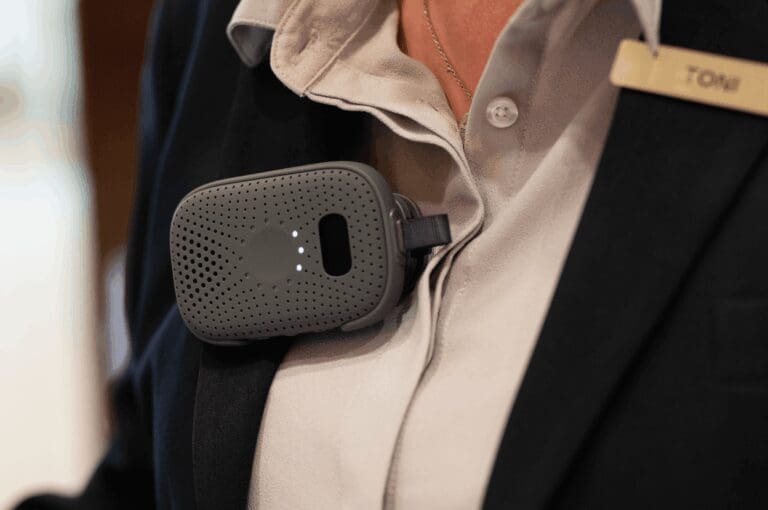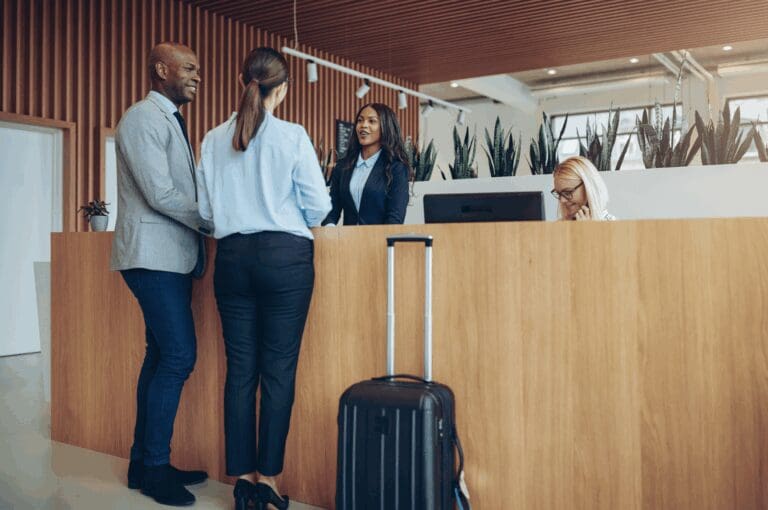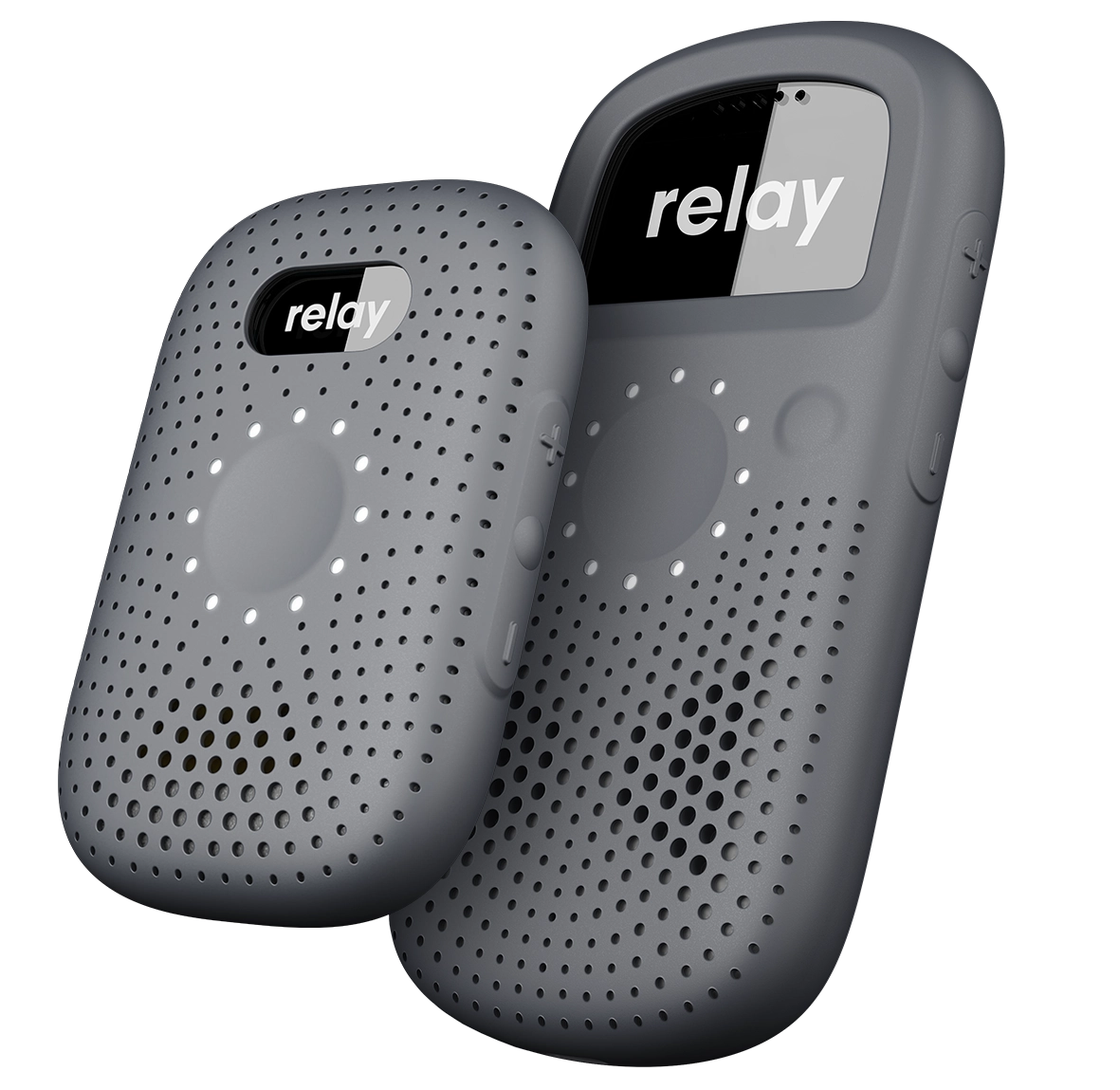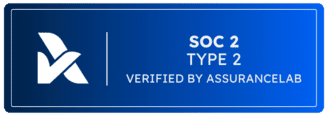This blog is provided by Relay for information purposes only and is not legal advice. You should consult with an attorney for any legal related questions.
To enhance guest and worker safety standards within its hospitality sector, New York City has passed the Safe Hotels Act. Also known as Int. No. 0991, New York City’s Safe Hotels Act was signed on November 4, 2024 by Mayor Eric Adams and will take effect on May 3, 2025.
This legislation introduces new requirements for hoteliers in hopes of creating safer and cleaner hotel environments, as well as bolstering the city’s tourism industry. Obligations for hotels include mandatory licensing, enhanced safety measures, and labor protections for employees.
For hotel employers and operators, understanding and adhering to the new requirements will be essential to avoid penalties and maintain operations.
Who Does the Safe Hotels Act Impact?
New York City’s Safe Hotels Act impacts most hotel owners and operators. Hotels with 400+ rooms may face additional obligations, while hotels with less than 100 rooms should see exceptions.
Unionized hotels may be able to demonstrate compliance by proving they have signed an agreement that expressly incorporates the Safe Hotels Act’s requirements.
What are the Safe Hotel Act’s New Requirements?
The Safe Hotels Act requires New York City hotel operators to obtain a license from the Department of Consumer and Worker Protection (DCWP) in order to legally operate. These licenses are valid for two years and come with a $350 application fee. Hotels found operating without a valid license may face significant penalties, including fines and potential closure.
To qualify for this license, applicants must satisfy a number of requirements. We’ve outlined a few below.
Directly Employing Core Employees
The Safe Hotels Act requires hotel owners to employ certain “core employees” rather than subcontracting workers. According to Hotel Dive, “The legislation’s definition of ‘core employees’ has also changed, with only front desk and housekeeping roles being a part of that group.”
In addition to hotels with less than 100 rooms, hotels with existing staffing contracts or a single hotel operator may be excluded from this requirement.
Providing Panic Buttons to Employees Entering Guest Rooms
New York is not the first state to pass panic solution mandates. The Safe Hotels Act builds on national trends emphasizing worker safety and guest security in the hospitality industry.
Once in effect, NYC hotels will need to provide panic buttons to employees entering occupied guest rooms, such as housekeepers, at no cost to the employee. These devices must share the employee’s location with on-site staff, enabling immediate assistance in emergencies.
Good news, Relay’s panic solution not only meets these requirements but also includes additional features like push-to-talk communication and language translation to further enhance safety and efficiency.
“When I hit the panic button, [our housekeeping manager] knew where I was and came down immediately. The guest is fine but Relay really helped expedite us knowing what to do. I was really glad I could communicate with our housekeeping manager and be on the phone with 911 at the same time.”
– Nicole Hoffart, Front Desk Manager at Fairfield and TownePlace Suites of Norfolk

Raising the Bar: Service and Staffing
The Safe Hotels Act includes a number of requirements which promote maintaining a safe and clean environment.
- There must be at least one employee scheduled to work the front desk at all times
- During overnight shifts, a security guard can provide sole coverage of the front desk as long as the security guard is able to assist guests and has undergone human trafficking recognition training
- Staff must be able to confirm the identity of guests checking into the hotel
- All core employees must receive human trafficking recognition training (within 60 days of employment for new employees)
- Hotels with more than 400 guest rooms must have at least one security guard on the schedule to provide continuous coverage of the hotel premises
- Hotel operators must maintain cleanliness of guest rooms, sanitary facilities, and hotel common areas, including:
- Providing clean linens and towels before a guest’s stay
- Replacing linens and towels upon request
- Cleaning rooms daily unless a guest explicitly declines, with no financial incentive to opt out of this service
- Short-duration stays (bookings of less than four hours) are prohibited, except for hotels within one mile of either LaGuardia Airport or John F. Kennedy International Airport.
Looking Ahead
The Safe Hotels Act aims to improve safety and labor standards in New York City’s hospitality industry. By adopting compliant solutions built for frontline workers, like Relay, hotel operators can create safer environments, enhance guest experiences, and ensure their teams feel supported—all while staying ahead of regulatory changes.
We’d love to help make the upcoming change a little less stressful. Relay’s all-in-one safety solution meets the Safe Hotels Act’s panic button requirements while offering advanced features like push-to-talk communication, language translation, and location sharing—all in a single device.
Request a 1:1 demo to see how Relay can protect your staff, guests, and operations today.
